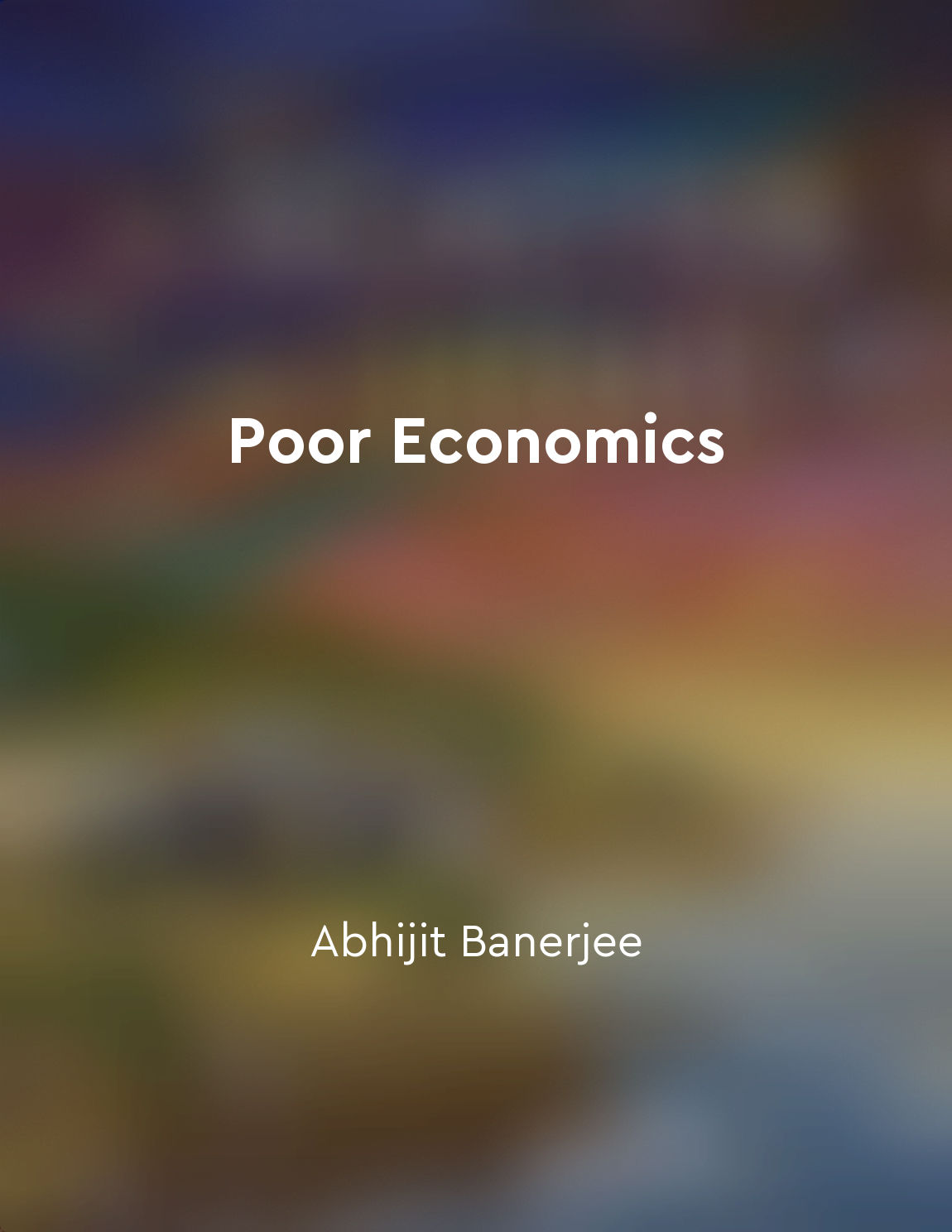Gender bias in data impacts policy decisions from "summary" of Invisible Women by Caroline Criado Perez
Gender bias in data is a pervasive issue that has far-reaching consequences, especially when it comes to policy decisions. When data is collected without taking gender into account, it can lead to skewed results that do not accurately represent the realities of women's lives. This lack of representation can have serious implications for the formulation and implementation of policies that affect women. For example, when data on employment is collected without distinguishing between men and women, it can mask the disparities that exist in the workforce. This means that policies aimed at promoting gender equality in the workplace may not be as effective as they could be because they are based on incomplete or inaccurate information. Without a clear understanding of the challenges women face in the workforce, policymakers may not be able to address them effectively. Similarly, when data on healthcare is collected without considering gender differences, it can lead to gaps in understanding the specific health needs of women. This can result in policies that do not adequately address issues such as reproductive health or maternal mortality. By ignoring the unique health concerns of women, policymakers are missing an opportunity to improve the overall health outcomes of the population. Furthermore, gender bias in data can also perpetuate harmful stereotypes and gender norms. When data reinforces existing biases, it can be used to justify discriminatory practices or policies that disadvantage women. For example, if data suggests that women are less capable in certain fields, it can be used to justify limiting their access to education or employment opportunities.- The impact of gender bias in data on policy decisions cannot be overstated. Without accurate and representative data, policymakers are operating in the dark, making decisions that may not reflect the needs and experiences of women. Addressing this bias is crucial for creating policies that promote gender equality and ensure that all individuals have equal opportunities to thrive.
Similar Posts

The pursuit of power can entrench social disparities
The desire for power is a natural inclination within every individual. This pursuit of power often leads to the creation of soc...
Women should not apologize for their success
When a woman succeeds, she should feel proud and confident in her achievements. Society often expects women to downplay their s...
Boys are taught to repress emotions
In our society, from a very young age, boys are taught that expressing emotions is a sign of weakness. They are told to "man up...

The Big Nine have the responsibility to uphold ethical standards
The Big Nine — Google, Microsoft, Apple, Amazon, Facebook, IBM, Baidu, Alibaba, and Tencent — are the world's most influential ...

Collaboration between governments, NGOs, and the private sector is essential in the fight against poverty
The fight against poverty is a complex and multifaceted challenge that requires the combined efforts of governments, NGOs, and ...
Gender and politics
Gender and politics are intertwined in the fabric of society, influencing power dynamics and decision-making processes. Histori...

Invest in the future of women and girls
Melinda Gates writes about the importance of investing in the future of women and girls. She highlights how empowering women an...
The role of the government in regulating industrial relations is underscored
Government plays a crucial role in regulating industrial relations to maintain harmony and balance between employers and employ...
Capitalism has transformed work into a commodity
In the modern world, work has become something that is bought and sold, traded and hoarded like any other commodity. It is no l...
Woman must transcend her assigned role
The idea of woman transcending her assigned role is a fundamental concept that must be explored in depth. Society has long dict...


